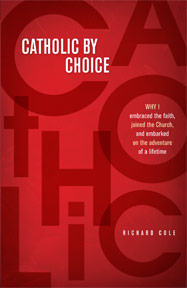I came to New York to get what I could, but Success Stories shows what I had to give up. Maybe our life there was a way of subtraction that God might use to separate us from ourselves — not from the selves that He creates but from the ones that we make up, our egos that constantly fret, compete and compare. In my book, the last image is a library filled with empty pages. It seems to me like a kind of achievement, and I like to think of the book ending in silence, as close to the Truth as I could get at the time, standing on the other side of the glass.
–
Packing the Books
Another chapter. Eleven years of New York
madness is finished, and we’re moving away.
I cull out all the books I’ve read and forgotten,
asking myself what a man truly needs at forty five.
I’ve forgotten what little I understood
of Hegel and Locke, whole kingdoms
of plants, the meanings of quarks,
the Five Good Roman Emperors,
math, the novels of Proust,
and a rolling thunder of conjugations
in four different languages, even my own.
I save the poetry for last. Rows of aging
paperbacks with cracked spines,
yellowing pages. I look at the margins,
the furious comments, words underscored
two, three times, exclamation points … Oh what
was I trying to love?
In the middle of life, I see myself still waiting
outside a library deep in the woods.
I stare through the window: tier after tier
of books bound in white leather, and I understand
now that the books are empty, nothing
but soft, blank pages. I press my hands
to the cold glass. This is my heart,
this silent building in the dark fir trees,
and the lights are left burning all night long.

